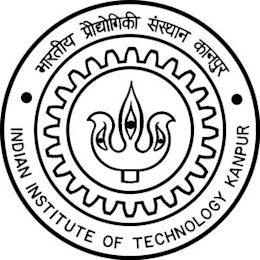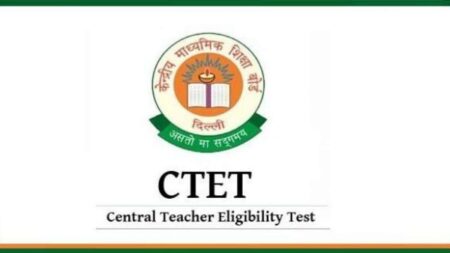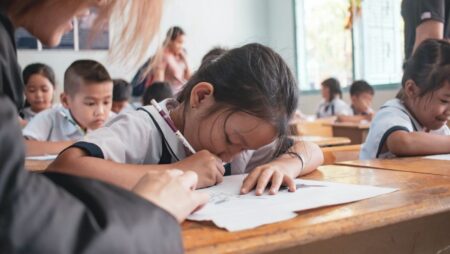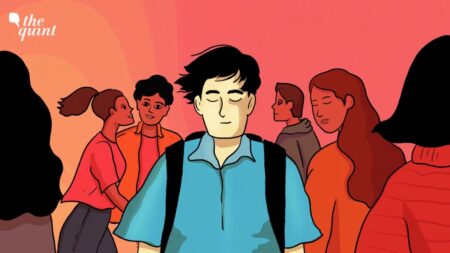Learning is a constant process and an essential part of life, and we almost cease to live when the growth stops. A human must have the right to partake in education, be it formal classroom learning or experiential learning at any point in life.
“Learn continually – there is always ‘one more thing’ to learn” – Steve Jobs.
When we talk about education, we always associate it with educating adolescents and young people, although adults are entitled to an education.
In 1978, Adult education was included in the education policy. The NEP 2020 has extended the idea of Adult education and lifelong learning to stay true to the fundamental right to education for all and provide efficient facilities.
In 2020, Nalindi, a 60-year-old lady, fulfilled her wish of getting a PhD. The same year the government introduced the national education policy 2020, highlighting Adult Education and Lifelong Learning.
Nalindi describes that she had to go to the university to give exams, and it was for her to travel long distances at her age.
NEP 2020 plans to make education accessible for adults by making adult education available. It has highlighted the optimum use of already available facilities, e.g. using private libraries or school premises after school as study centres.
Vocational skills mentioned in the national education policy 2020
Vocational skills are essential to living a life with dignity. Carry out financial transactions. To compare the quality/quantity of goods purchased against the price charged, fill out forms to apply for jobs, loans, services, etc. To understand public circulars and news articles. In this day and age, we are progressing on the technological front by the compulsion of this era. Professional education to carry out such tasks is unnecessary, and people have been carrying out such tasks for ages.
Purpose of acquiring formal education
Learn new skills to enhance the workplace or make progress socially.
⦁ replace missed or neglected primary and secondary education
⦁ develop basic education skills, such as literacy and numeracy
⦁ develop new vocational skills and expertise to adapt to changing labour market conditions, or to change career, or for continued professional development
⦁ continue learning for personal development and leisure
⦁ participate fully in social life and democratic processes
Nalindi, in the conversation, mentioned that she always wished to have the prefix of doctorate, and the social status doesn’t matter to her. It is everyone’s personal choice, and not everyone’s goal is to achieve social status.
Along with the NEP execution, the corporate and employment sector will have to develop as well. There should be no age bar to hire. Job levels and positions to be created.
The elderly who don’t have life support can sustain themselves. And the ones who had to drop out early on could continue to progress in life.
Education opens up a whole new world of personal, civic, economic, and lifelong learning opportunities for individuals that enable them to progress personally and professionally.
Impact of Adult education and lifelong learning
At the national level, primary education is a powerful force multiplier that enhances overall development.
Worldwide data on nations indicate extremely high correlations between literacy rates and per capita GDP.
Can the adults educated in the last stage of life monetize on the education received?
The adults capable of obtaining livelihood at any stage of life should get an opportunity to secure a job if required.
Adult literacy is not only beneficial for the individual but also the community. It motivates children to study and embark on new adventures. It teaches the middle-aged that it’s never too late, which builds the community as a whole.
“You can never be overdressed or overeducated.” – Oscar Wilde
Trending News:- Ahmedabad And Lucknow Teams Were Purchased For More Than $2 Billion In The IPL Bidding War.













